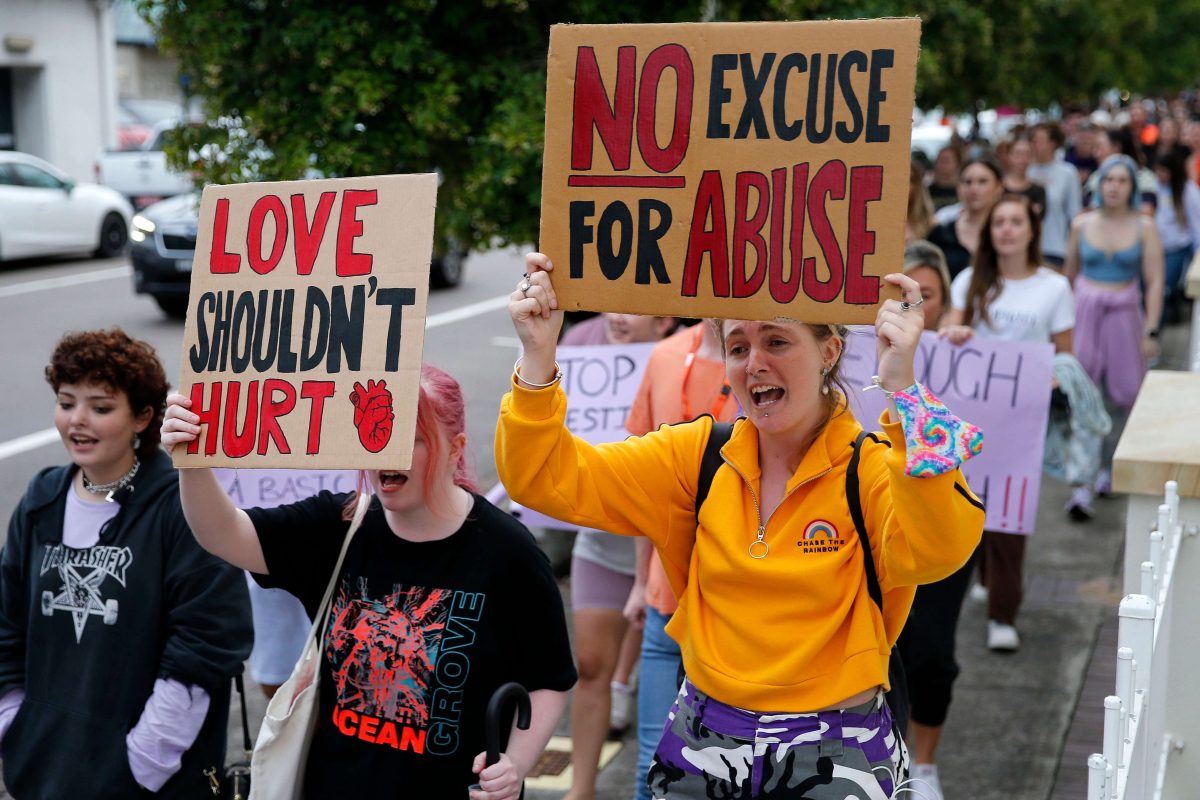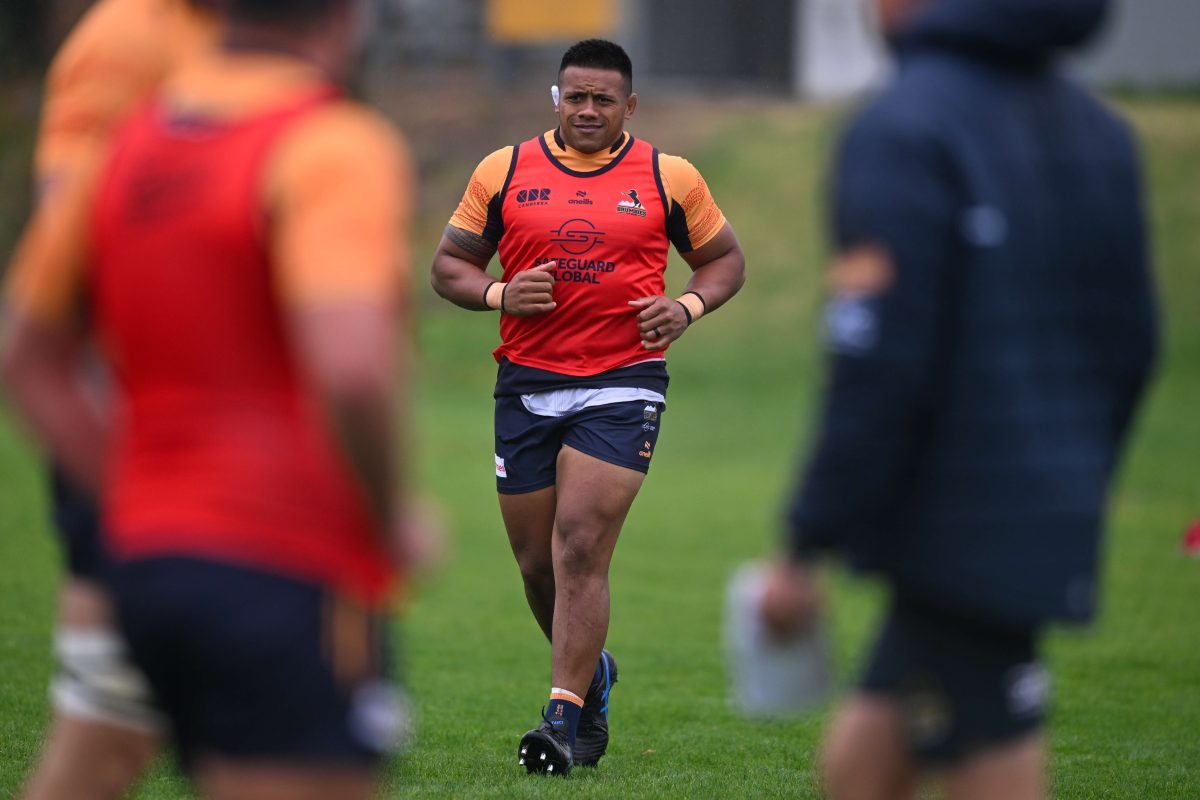VOCAL (ACT) lost government funding at the end of 2011 and without a miracle, in the form of a sudden upswing in donations, or a merger with a larger organisation, it is unlikely to exist for much longer.
Fighting a slow decline, VOCAL has kept going through the dedication of a handful of volunteers, a voluntary management committee and its passionate executive director, Marie-Noelle Cure.
Marie started the job in 1994 and has gone unpaid since January, 2012. Nearing retirement, she fears nobody will take her place.
“No one wants to do that for free; I need some money to pay someone to take my place but it’s not happening because no one wants to work for free,” she says, her voice a mix of desperation and bitter disappointment.
Lynn Bamblett, 54, moved to Canberra from Victoria with her family in 1987. In 1996 she reached out for support with the impact of a rape that happened 20 years before, contacting two organisations which both had strict limits to the support they provided.
“When I moved to Canberra, I had recall,” she says. “There are long spaces in between where you go into survival mode, and then you pick yourself up and give it a try, then you go back into shutdown mode because it’s just too hard and it’s too confronting to bring it all out again.”
She sees Marie as a kind of saviour because she helped her when the trauma resurfaced again in 2007, despite the fact her crime happened a long time ago, interstate, and is not officially recorded in many places.
“It can go on for years and years and years, and it’s the empathy and understanding that’s important – I exist through what VOCAL here do for me.”
Lynn explains recurring symptoms such as loss of appetite, control issues, fear of leaving the house and anxiety attacks, set off by something as simple as getting lost in the car, which she suffered as recently as a few months ago.
“I was 17-and-a-half, and my whole life has been completely different to what it was going to be,” she says, fighting back tears for her younger self.
One of the reasons VOCAL lost funding appears to be that Marie, a victim of crime herself, disagreed with limitations on what that funding could be used for.
“As in Lynn’s case and over my 20 years of experience, this is exactly how it goes,” she says. “Victims have a burst of energy or they feel a bit better after a little counselling, they go home and feel good, but then things happen that remind you of bad things. Suddenly you find yourself in the depths of despair again, because of memories.”
Marie believes victims should be entitled to some ongoing support when they need it, even if that’s decades after the crime and even if it occurred interstate.
“It should be able to happen like this, on and off, whenever they feel, irrespective of whether the crime occurred in this State or not, because [Lynn is] working; she’s paying taxes here,” Marie says.
In 1988, the League was started by eight people who had been affected by serious crimes, and still retains some features of a support group. Lynn describes VOCAL as an “advice system, based on empathy and a belief that I was being heard” and fears that “sanitised, bureaucratic” organisations operating within strict fiscal constraints can never replace it.
She and Marie fear the loss of the organisation’s thousands of files – information many victims have not confided elsewhere – as well as the feeling of community and the League’s ageing, out-of-the-way headquarters in a cottage next to Narrabundah shops.
“Here, it is very dated but it’s comfortable,” says Lynn, glancing at Marie’s teddy bear beside her on the couch. “It’s not sterile, and it has that ‘community’ thing. It’s cosy and it’s safe because it’s small, and the big world out there is a hideous place.”
VOCAL (ACT) accepts donations through its website at vocalact.webs.com/donations.htm
Who can be trusted?
In a world of spin and confusion, there’s never been a more important time to support independent journalism in Canberra.
If you trust our work online and want to enforce the power of independent voices, I invite you to make a small contribution.
Every dollar of support is invested back into our journalism to help keep citynews.com.au strong and free.
Thank you,
Ian Meikle, editor




Leave a Reply